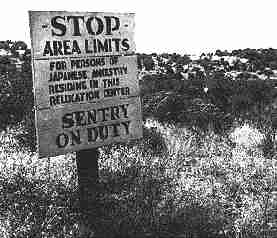Few of us ever sit down to write and think, “Wow, I feel like writing a double abecedarian today!” or “I’m not sure why, but this feels like a sestina type of morning.” If you’re anything like me, you have a somewhat removed relationship to form: you know it’s out there, and have grown up loving sonnets and sestinas, but you’re steeped in contemporary free verse and it’s not often that you turn naturally toward the formal constraints of meter, rhyme schemes, and patterns of repetition. What I’ve discovered however, is that using form (or multiple forms, even) as part of a drafting process can be tremendously helpful.
Take this process, for instance. I begin with a page and a half of rough, ill-formulated free verse (part of my stream-of-consciousness generating process), cut everything that seems extraneous, then apply a ten-syllables-per line rule that reads roughly like iambic pentameter. Some lines feel forced, others buckle with newfound muscle and verve. In certain places, the syntax torques into interesting patterns and the language tightens with sharpened verbs and image. I extract all the lines that are working well and weave them into a pantoum. The language overlaps, recontextualizes, and surprising new meanings are forged and unforged.
My pantoum reveals the weaknesses of specific lines, so I cut them, keeping only the lines strong enough to stand alone. Strong enough to pass, if you will, the “test” of the pantoum. What’s left is a hodge-podge of lines and my poem looks like a newspaper with the headlines cut out, but one or two stanzas remain untouched. I smash them into a rough fourteener form, then work and rework the language until what emerges—hammered, refined, and carefully tuned, is a new poem. I am pleased.
Your process (or experiment) doesn’t have to be as involved as the one I’ve just described. Writing through form (where form is not the final destination, but rather, the means by which one reaches the poems one really wants to write) can be as simple as: free verse to blank verse, or free verse to haiku to heroic couplets. Be creative. Mix and match, invent unexpected combinations of form (ie. “What do you get when you cross iambic tetrameter with an elegy?”). Some pairings may prove disastrous, but no worries. Since you’re writing through form as part of a drafting process, even the most awful results can be redirected in the next draft.
Feel free to either post a sample poem or share a few process notes from your attempts to write through form. Good luck, and have fun!

